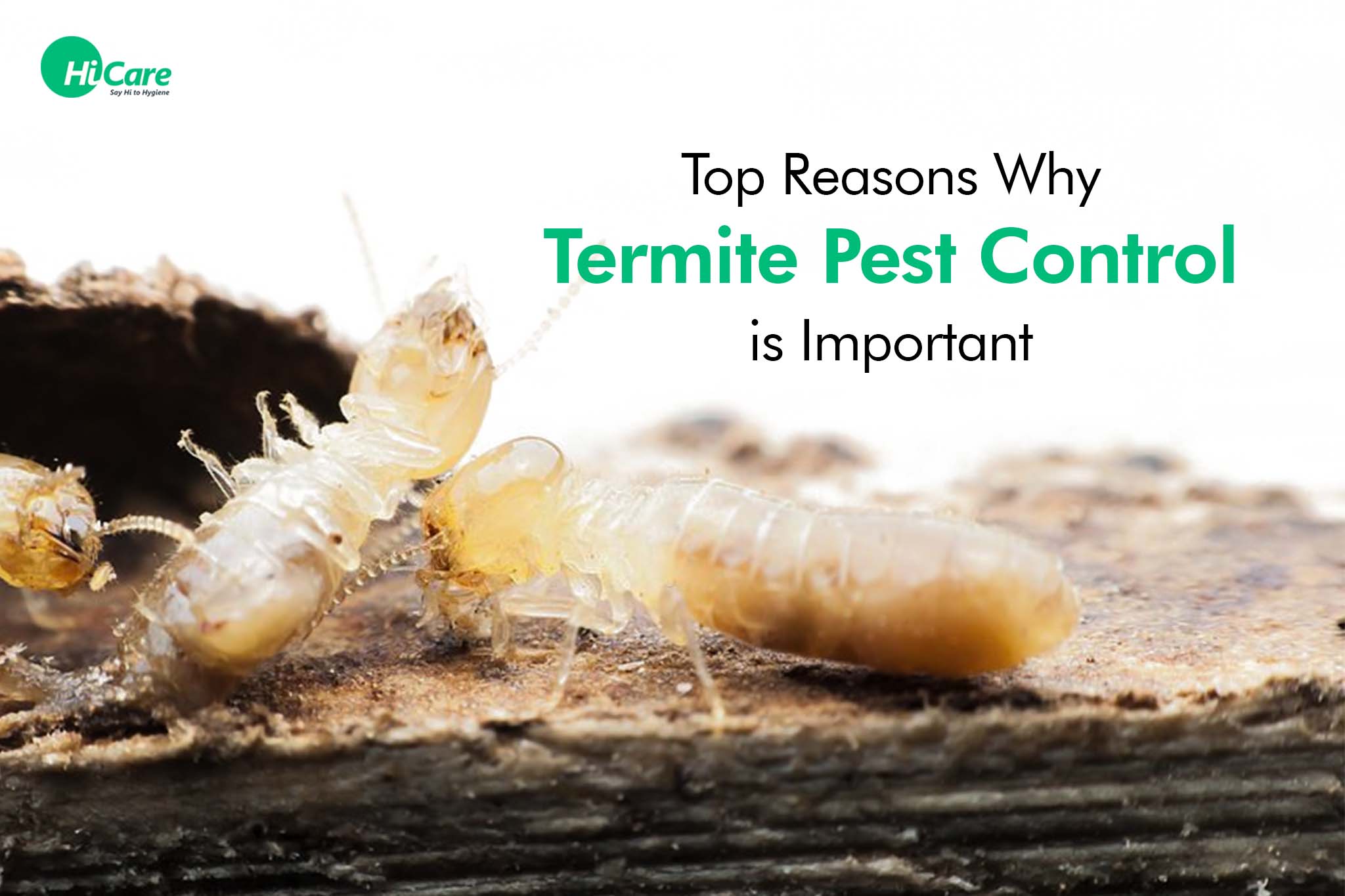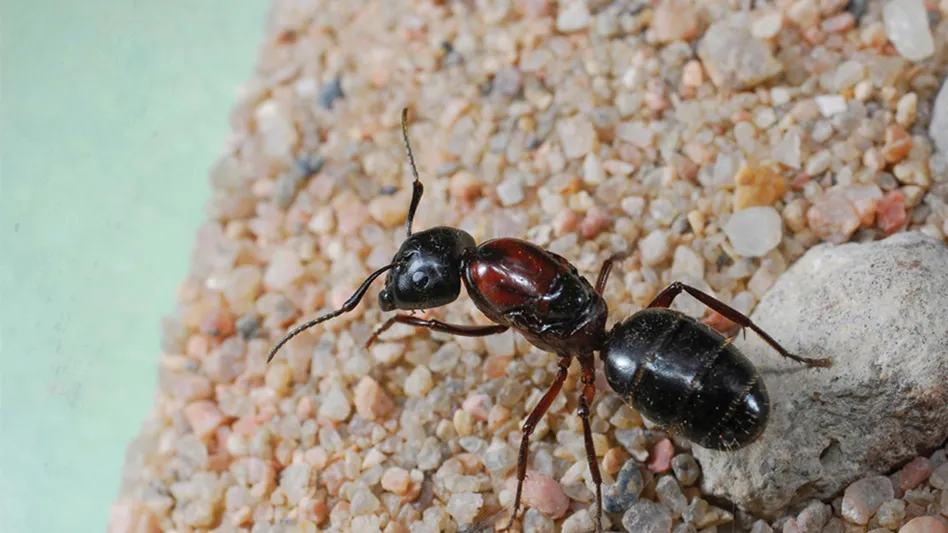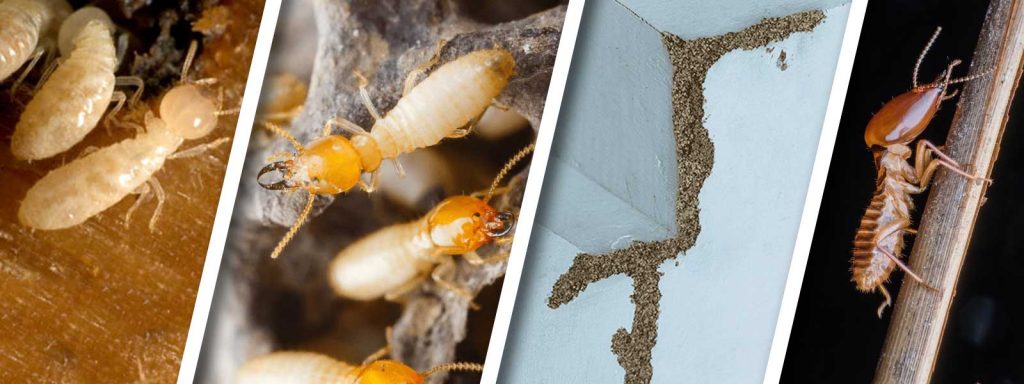Environmental Impact of Pest Control: Harmonizing Effectiveness With Sustainability
The ecological influence of pest control is a crucial problem that calls for a fragile equilibrium between achieving effectiveness in making sure and handling bugs sustainability of our environments. From the usage of unsafe chemicals that permeate right into our soil and water to the unintentional repercussions on non-target varieties, the repercussions of traditional pest control practices are far-ranging.
Damaging Chemicals in Bug Control
The utilization of hazardous chemicals in bug control presents considerable ecological and health and wellness risks that call for cautious consideration and mitigation techniques. Pesticides, herbicides, and pesticides are generally utilized to eliminate parasites, yet their prevalent application can cause unexpected effects. These chemicals can pollute soil, water sources, and the air, affecting not just the targeted parasites however additionally useful bugs, wildlife, and people.

To resolve these dangers, integrated parasite management (IPM) strategies are being promoted as an extra sustainable choice. IPM entails a mix of methods such as organic control, habitat control, and the targeted use pesticides as a last hotel (ant control newtonnc). By embracing an alternative technique to pest control, we can reduce the environmental and health influences connected with dangerous chemicals while successfully managing pest populations
Influence On Non-Target Species
Taking into consideration the unintentional consequences of bug control methods, the influence on non-target types is a vital aspect that needs complete assessment. While parasite control measures intend to target specific bugs, other organisms in the ecosystem might be unintentionally affected. Non-target types, consisting of helpful insects, birds, animals, and even plants, can endure indirect or direct injury from pesticide applications or organic control methods.
Pesticides made to fight a specific bug parasite might damage pollinators like or all-natural killers such as ladybugs. Organic control agents, if not species-specific, can position dangers to unexpected targets, interfering with the ecological balance.
To mitigate the influence on non-target species, incorporated parasite management (IPM) methods that stress an alternative technique to pest control are suggested. These approaches prioritize using eco-friendly techniques, lessening damage to beneficial organisms while properly taking care of pest populations. Conducting comprehensive danger analyses and keeping an eye on the results of pest control initiatives are necessary actions in protecting non-target varieties and promoting total ecological community wellness.
Soil and Water Contamination
Unexpected environmental effects of bug control approaches extend past affecting non-target types, with substantial implications for soil and water contamination - termite control. Chemicals, herbicides, and chemical plant foods used in bug control can leach right into the dirt and infect groundwater, presenting a risk to both aquatic and terrestrial ecological communities.
Water contamination is another critical problem connected with bug control techniques. Drainage from farming areas treated with chemicals can carry these chemicals into nearby water bodies, impacting water organisms and water quality. Impurities in water resources can have far-ranging effects, affecting not just marine life but likewise human health and wellness with the consumption of contaminated water or aquatic organisms. To alleviate dirt and water contamination from insect control activities, integrated pest management methods that prioritize sustainability and reduce chemical inputs are critical.
Air Air Pollution From Pesticide Usage
Direct exposure to airborne pesticides throughout agricultural applications presents a substantial worry for air pollution control actions. When chemicals are sprayed onto plants, they can volatilize right into the air and kind unstable organic substances (VOCs) and other air-borne contaminants. These chemicals can add to the formation of ground-level ozone, a significant component of smog that can have detrimental results on human health and wellness, plant efficiency, and total air quality. Furthermore, chemical drift, where pesticides are lugged by the wind to unexpected locations, can result in the contamination of nearby ecological communities and water bodies.

Approaches for Sustainable Insect Control
In the world of farming practices, executing lasting bug control approaches is critical for maintaining environmental equilibrium and guarding plant returns. Lasting pest control highlights the use of ecologically pleasant techniques to handle bug populaces properly while decreasing injury to non-target organisms and environments. Integrated Bug Administration (IPM) is a commonly embraced technique that integrates organic, social, physical, and chemical control approaches to accomplish long-lasting bug administration services.
One secret method in visit this page lasting insect control is promoting biodiversity within agroecosystems. By enhancing natural adversaries of bugs, such as parasitoids and predators, farmers can reduce the need for artificial chemicals. Crop rotation and diversity are likewise efficient techniques to interfere with pest life process and produce less favorable problems for bugs to prosper. Additionally, utilizing pest-resistant plant ranges and utilizing methods like catch chopping can assist lower pest pressure without relying heavily on chemical treatments. Eventually, by integrating these lasting bug control techniques, farmers can achieve a balance in between pest administration effectiveness and ecological stewardship.
Conclusion
In final thought, the ecological effect of bug control approaches need to be very carefully thought about to balance effectiveness with sustainability. Damaging chemicals used in bug control can bring about soil and water contamination, air pollution, and injury non-target varieties - termite control. It is crucial to implement sustainable parasite control methods to decrease these negative impacts on the atmosphere and advertise a much healthier ecosystem for future generations
By embracing an alternative strategy to pest control, we can decrease the environmental and health effects linked with harmful chemicals while efficiently handling pest populaces.

To mitigate the air pollution created by pesticide usage, it is important to embrace integrated bug management methods that prioritize the use of non-chemical parasite control methods, such as crop turning, natural predators, and resistant plant selections. Lasting pest control highlights the usage of ecologically pleasant methods to handle parasite populations successfully while decreasing harm to non-target organisms and ecological communities. Integrated Pest Monitoring (IPM) is an extensively adopted method that incorporates organic, cultural, physical, and chemical control methods to accomplish long-term bug monitoring solutions.